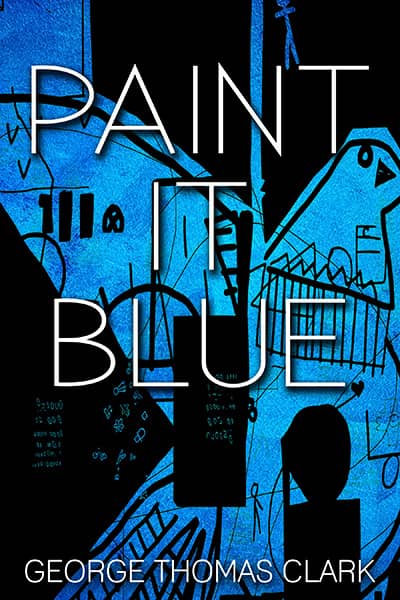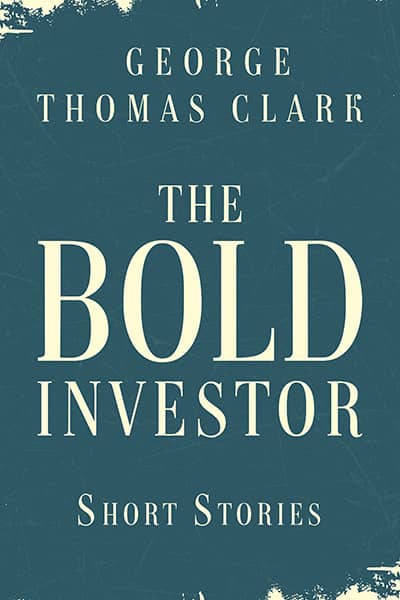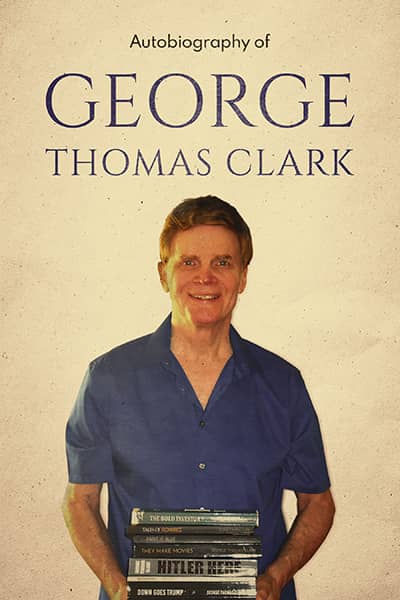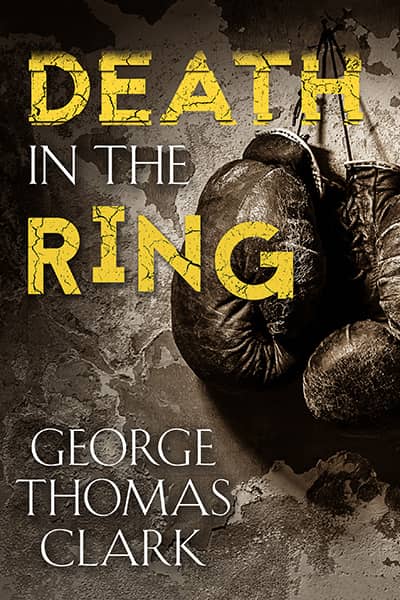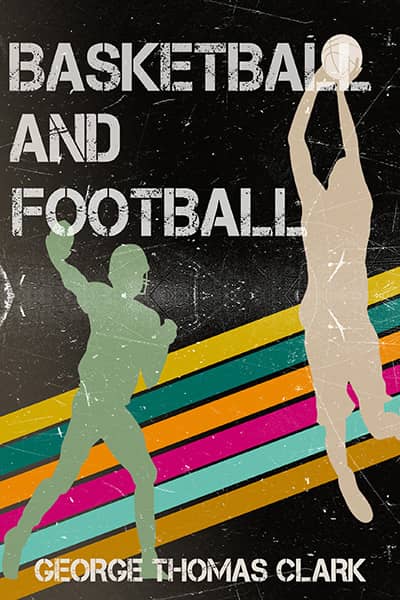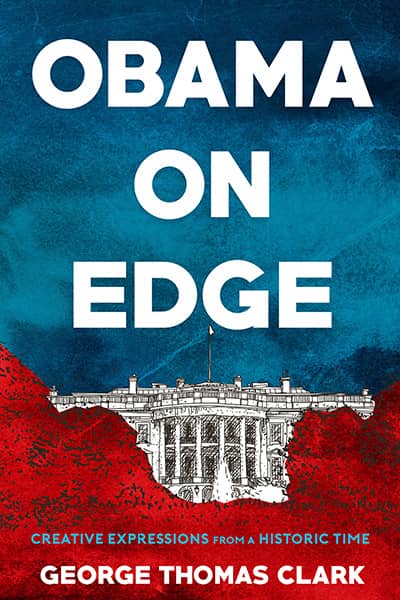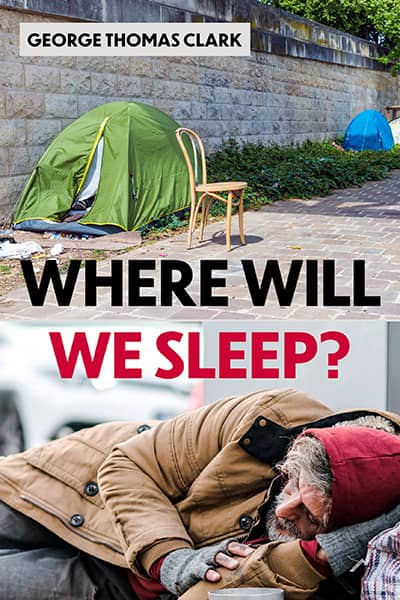Fidel Meets Marco Rubio
December 20, 2014
At a time and location neither man will acknowledge, Fidel Castro, age eighty-eight but still a political stalwart even in semi-retirement, shakes hands with United States Senator Marco Rubio, who’s half his age.
“Mucho gusto,” Fidel says. “I’m proud you’ve done so well in American politics.”
“If you hadn’t forced countless citizens into exile, I’d be in Cuban politics and an opponent of yours. That means, like most of your opponents, I’d be in jail.”
“Yes, that frown and your rhetoric wouldn’t be helpful. But remember, two million poor people in U.S. prisons are really political prisoners.”
“They’re criminals and the mentally ill like thousands you sent us in the 1980 Mariel boatlift. People in our prisons aren’t there because they criticized political leaders. Only dictators tremble at criticism. Even though President Obama is a fool for wanting to normalize relations with Cuba, he at least respects my right to publicly disagree.”
“We simply have a different conception of what’s tolerable to say in public. Perhaps we could be less vigilant if we trusted the United States not to foment trouble in Cuba. Like most of the world, which has normal relations with us, I commend President Obama for discarding a failed policy that’s hurt both our nations for more than half a century.”
“It’s our duty to oppose you. Cubans not in prisons with bars face lifetime imprisonment on an island most cannot leave.”
“That’s changing, young man, and why Raul and our other leaders want to end the hostility between our two countries. In that regard we agree with the majority of Americans who, in Gallup polls since 1999, have wanted normal relations. Even young Cuban Americans want this.”
“Young Americans don’t understand your decades of cruelty.”
“They’ve heard all the stories, true and false, about my career, and I’m not going to try to change anyone’s opinion about our revolution.”
“That’s wise because you couldn’t impress anyone,” Rubio says. “Cubans earn about twenty dollars a month, have trouble getting meat, and have restricted and very slow internet connections which, I’m convinced, you approve of so they’ll have limited knowledge of the vibrant world outside your communist nightmare.”
“You’re quite a talker.”
“I’d never subject my constituents – who have the right to vote me out of office – to speeches lasting several hours.”
“My young senator, you’re not nearly as dynamic a speaker as I.”
“No one’s dynamic enough to blather for hours about what an omniscient dictator he is.”
“Está bien. I’ll be brief. We’re not wealthy in material goods but we have more doctors per capita than you or anyone else in the world, and our first rate health care is free. Poor people in your wealthy paradise often die because they can’t afford medical procedures we give away every day. Cubans love Raul and me for what we’ve given them.”
“But you’ve already conceded – and a devastating self-condemnation it is – that Cubans cannot criticize you or your brother or the government.”
“We can’t bark as much as you, but Cuban students don’t have to borrow tens of thousands of dollars for a university education. We go to school for free. We work for each other, not the bank.”
“Cubans toil to keep you in power.”
“They work to sustain our free nation.”
“You’re not free.”
“We’re free to take walks at night without being robbed. Do you walk alone at night, Senator?”
“No, and neither do you.”

